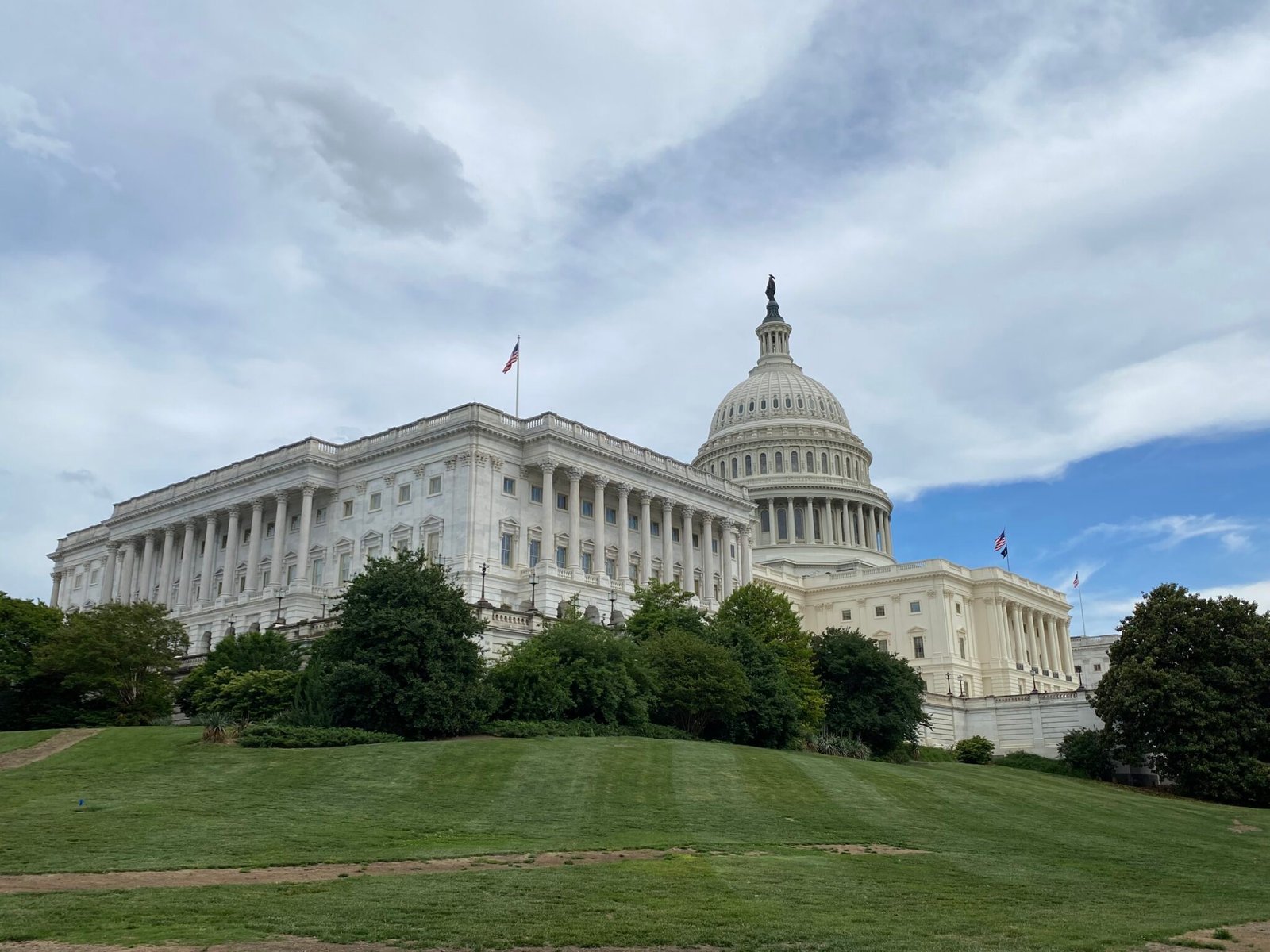Adrian Smith
GOP Mega-Bill in the Senate Axes Gun Silencer and School Voucher Provisions

WASHINGTON — A recent ruling by the Senate parliamentarian has clarified that Republicans cannot exempt gun silencers, short-barreled rifles, and short-barreled shotguns from being classified as firearms under a federal law established in the 1930s.
The provision regarding silencers, introduced by Georgia Rep. Andrew Clyde, was expanded by the Senate Finance Committee to include the additional firearms classifications. Consequently, these sections will either be removed from the Senate’s version of the tax and spending cut bill or rewritten to comply with established regulations.
In another pivotal development, a proposed private school voucher program, which sought to allocate billions in annual tax credits to parents transferring their children from public to private institutions, has been eliminated from the bill. This ruling represents a significant setback for the Trump administration’s school choice initiative.
The ongoing negotiations aim to meet a self-imposed deadline for Senate approval before the Fourth of July, when GOP leaders hope to deliver a finalized version for President Donald Trump’s signature. To expedite the process, the Senate plans to remain in session through the weekend and into early next week for amendments and final voting sessions.
During a May debate, Rep. Clyde argued against the taxation of silencers, asserting that it infringes on Second Amendment rights. In contrast, Rep. Maxwell Frost of Florida expressed concerns that silencers complicate response efforts during mass shootings, highlighting their presence at crime scenes.
Senate Finance Committee member Ron Wyden, a Democrat from Oregon, condemned the ruling, claiming it dismantled GOP attempts to remove vital safety measures related to firearms. Meanwhile, committee chairman Mike Crapo has been engaged in ongoing discussions with the parliamentarian regarding bill compliance.
Additionally, proposed changes to immigration asylum procedures were also dismissed. These provisions included hefty fees for asylum applications and sponsor arrangements for unaccompanied minors, as well as extra charges for immigration courts already overwhelmed with cases.
On the tax front, Senate Republicans are still negotiating the limits on state and local tax deductions. House Republicans from high-tax states like New York and California are advocating for a $40,000 cap for taxpayers earning up to $500,000 annually, amidst tight margins controlling the bill’s passage.
The reconciliation process being employed by Republicans allows for streamlined passage through the Senate, circumventing the typical filibuster negotiations. However, the parliamentarian has ruled that several provisions do not comply with the budget reconciliation requirements established by the Byrd Rule.
With time running out before the July deadline, congressional leaders remain focused on finalizing the comprehensive tax and spending cut legislation.


















